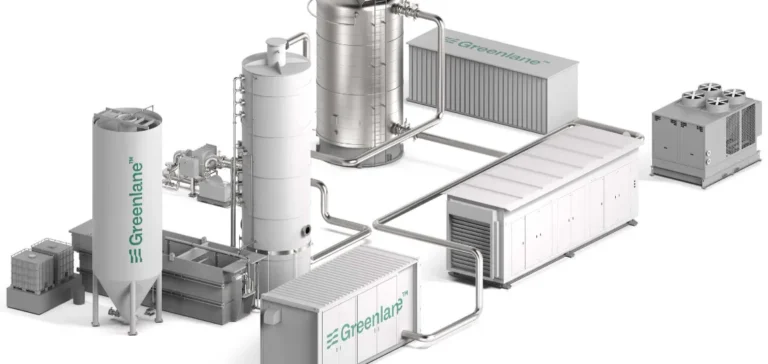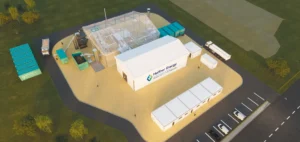Greenlane Renewables Inc., a Canadian company specialising in biogas processing technologies, announced it received $7.9mn (EUR4.9mn) in third-quarter orders for desulfurization equipment through its Italian subsidiary Airdep S.r.l. These purchases come from three existing clients and cover proprietary systems designed for the production of renewable natural gas, also known as biomethane.
The equipment comes from the DBC product line, rebranded as Greenlane™ Cascade H₂S for American markets. It is engineered to remove hydrogen sulfide (H₂S) from biogas without requiring oxygen or sensitive biological processes. This approach facilitates compliance with gas injection standards while avoiding additional costs tied to removing residual oxygen.
Market expansion in Europe and the Americas
Orders came from three industrial clients already using Airdep’s technologies. Their repeat purchases indicate a strengthening of Greenlane’s position in the European market, particularly in Italy, considered the most dynamic biomethane segment on the continent. The company is also gradually expanding its operations to other European countries and into North and South America.
Greenlane’s technical solution is distinguished by rapid start-up and high reliability. Unlike biological systems, it is not affected by weather conditions or input variability, which is a key advantage for biogas project developers who face demands for operational consistency and regulatory compliance.
Continued focus on desulfurization segment
Greenlane has maintained its growth strategy in the desulfurization segment, seen as a consistent requirement in all biomethane production projects. The choice of a regenerative solution with low operating costs is intended to help project developers secure the economic viability of their facilities while meeting quality thresholds required for gas commercialisation.
Company leadership confirmed that adoption of its technical solutions remains steady. This quarter’s results reinforce that trend, though no new markets have been announced at this stage.






















